By: Richa Alvares and Rachel Zlatar
A peer-to-peer conversation about career-ready skills
Get career ready by learning from your peers.
Richa Alvares (interviewer) is a fourth-year Science (Life Sciences) student who works as a career peer at the Student Success Centre. Rachel Zlatar (interviewee) is a fourth-year Business (Commerce) student who works full-time as a strategic partnerships coordinator.
Note: The following text content is not a complete interview transcript. Some edits and cuts have been made for readability and clarity.
One of the career-ready skills that employers value is professionalism. How have you demonstrated professionalism in your academics or through paid or unpaid work?
I think, oftentimes, we automatically associate professionalism with people wearing that fancy suit and tie, holding their briefcase, going into the office, working in finance. At least, that’s what I [used to] think of professionalism. But what I’ve definitely noticed is — every workplace is different — but the common trend that people pick up on in a professional is that you’re showing up. You’re the one putting in the work. You’re the one that’s dedicated to the project because a professional is the one that’s leading the way. They’re not [waiting for] someone tell them what to do. Because a professional is someone that you think of that, they have the experience, they have the skills [and] they have the knowledge. It’s not just how you look or act.
Whether you have the skills or knowledge or anything doesn’t really matter because professionalism is just embodying that role, [whatever that means] for you. So for some people, it might be easier if they are [wearing] a blazer. They [have] got their suit and tie on, so they feel like they’re professional and they can show up better. I know for myself, it’s [important that] everything’s super organized. [When I have] my fancy little notebook that flips, with a pen, I feel super professional, and I just want to work more.
It’s different for everyone, but [professionalism is] definitely being the person that is responsible for their actions and that wants to invest in the company or the role or whatever they’re doing.
Students often feel their experiences need to be directly related to a career to have value. But employers value skills that can be developed from a range of experiences. Can you share an example of an experience that wasn’t related to a career but helped you develop a career-ready skill?
Anyone that has known me, has known my path throughout undergrad and even before, [they know] I am the queen of doing things that are unrelated to each other and unrelated to my [career] path. If someone were to look at my resume, it jumps from randomness to more randomness, okay? Honestly, I thought it was a problem. I went to a career coach and I [said], “I have a problem.” And they looked at me, and [they said], “You know how many different skills you’ve developed that you bring to the table?”
I used to be in nursing in first-year. I absolutely loved it — amazing program at Mac. But then I ended up switching into Commerce. At the beginning, I thought I’d wasted a year. But really, having that year of nursing on my resume, all of the employers and businesses look at [my resume] and they say — “She knows how to talk to people. She knows how to be compassionate and empathetic and understand the customer’s needs.” — which is something I never thought would have helped me in my career.
Nowadays, everyone is so educated. I mean look around at the Mac community. I’m always in awe whenever I talk to people here about what they’ve done, and I [feel] like, wow, I’m competing against [these people] in the job industry. So it’s really about what unique things you can bring to the table. If there’s something that interests you that’s completely unrelated to what you think you’re going to do in the future, do it. Go for it. Because you learn so much from doing so many different things. And at the end of the day, the more different perspectives you can combine together, the more [you will] will grow and innovate.
Since the COVID-19 pandemic, which career-ready skills have you been forced to develop or use more?
I’ve really focused on my career management, for sure, because I’ve had the time and the space to really think about what I want to do, how I want to approach things.
Before [the pandemic], I felt like it was so easy to just fall into a path in school. [For example], I’m in Commerce. [If I take the simple path], I’m going to end up in marketing, HR, Finance or accounting. And, given COVID-19, and given that I’ve been at home, I’ve been really thinking, “Okay, what do I really enjoy? What lights me up? And what stuff do I not enjoy?” And then, I’ve had more than enough time to do my fair share of Googling of what is out there and what’s available.
In order to develop those career management skills, essentially, you’ve just been doing a lot of self-reflection and exploring the options that are out there?
Honestly, people underestimate the power of just searching random things. I have this little trick whenever I’m looking for like a new job or new internship position. Anything. I’ll think, “Okay, if I had absolutely no restrictions on what I could do, what do I really enjoy?” So I’ll [search something like] “marketing” and “Amsterdam student intern apply” on Google. [I’ll] go to the fourth or the fifth page and start finding all of these [exciting] opportunities that are out there.
Back when I was in my first year of Commerce — this is a funny little story, little tangent — I [thought], “I don’t really know what I want to do. Let’s see what’s out there.” So I typed in “student internships abroad,” and I ended up finding this marketing opportunity in Amsterdam and so I applied for it. Keep in mind, it was meant for Ivy League students. I am not in an Ivy League school. So I applied to it and they ended up having extra space in their program for the summer. So I joined the program.
I went to Amsterdam with all these other students, and I ended up working with a life coach in Amsterdam doing all of her marketing, events and everything, and we were at a WeWork co-working space. [The life coach] used to be a nurse and was in Commerce. And after that was when I [thought], “I’m switching out of nursing. I’m going into business. [It’s a] done deal.” And my life completely changed.
So, I think it’s a big thing about just being open to random opportunities because you never know where [they’re] going to take you. This lady has supported me in my career. She’s opened up so many doors for me.
What tips or advice might you give a fellow student on ways to develop career-ready skills?
Don’t put so much pressure on yourself to know what you have to do to be successful right away. And I know everyone says this, and you’re going to hear this a lot, but it’s true — if there’s something you want to do or you feel drawn to do, do it. If it lights you up and it’s what gives you energy, just imagine how much more successful and better you’ll feel.
Don’t automatically rule something out because [you] don’t know if it’s worth it. Say yes to everything — the paid positions and the unpaid positions. I’ve done more than my fair share of unpaid positions simply because the learning opportunities are so worth it. And I think if you have the time and the space and the financial capability to do so, volunteer. Do it. Offer your skills. Offer your time to people and companies because they are so receptive to that. And 9 out of 10 times, honestly, they’ll probably end up hiring you after. So don’t go chasing the money if you don’t have to.
And my last thing, find a mentor. I think people try to [manage their career] on their own and try to navigate everything on their own. And it’s so hard to learn and [you] make so many mistakes when you can prevent that by just listening to other people’s mistakes. I’m so lucky to [have] mentors from the job that I have right now. My boss is from Colombia and she’s literally taken me under her wing and [said], “I’m going to teach you everything I know.” And the life coach I worked with in Amsterdam, she’s one of my other amazing mentors. I don’t think students rely on [mentors] enough. There are people out there that want to help you and that want to see you grow. Let them help you, okay?
[Also, take] advantage of the Student Success Center — the team is amazing.
Check out all the Career-Ready Conversations
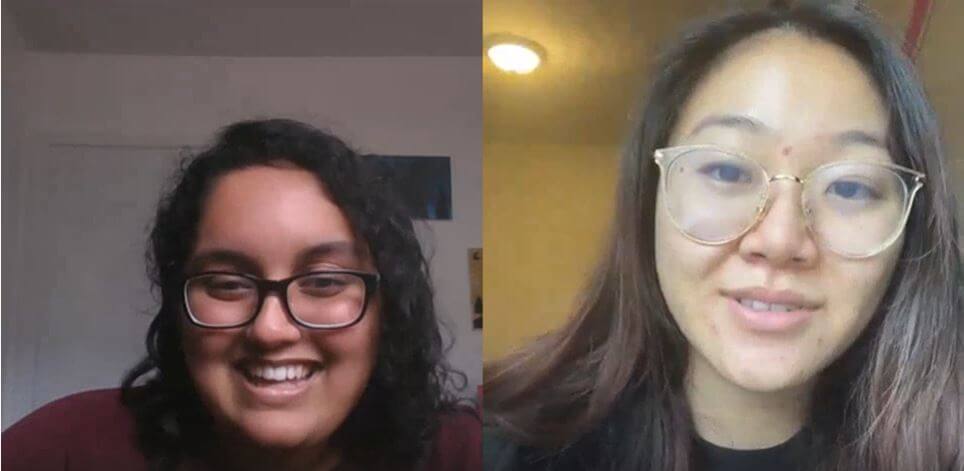
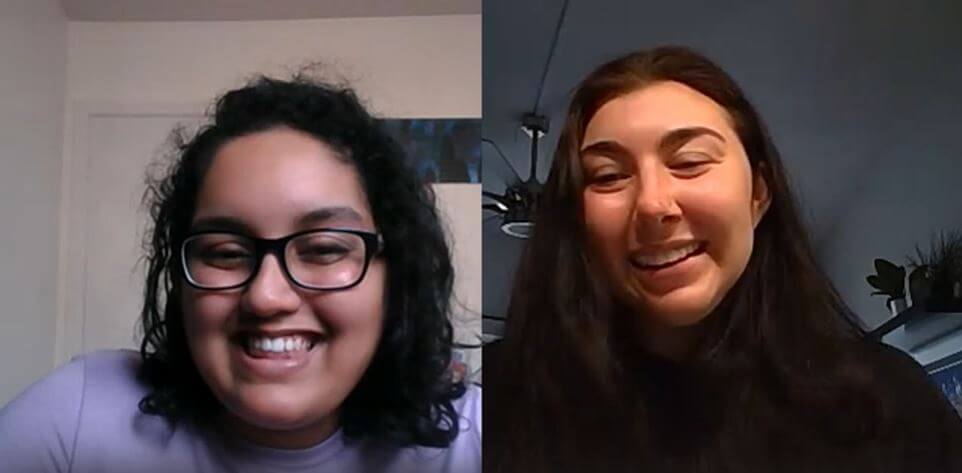
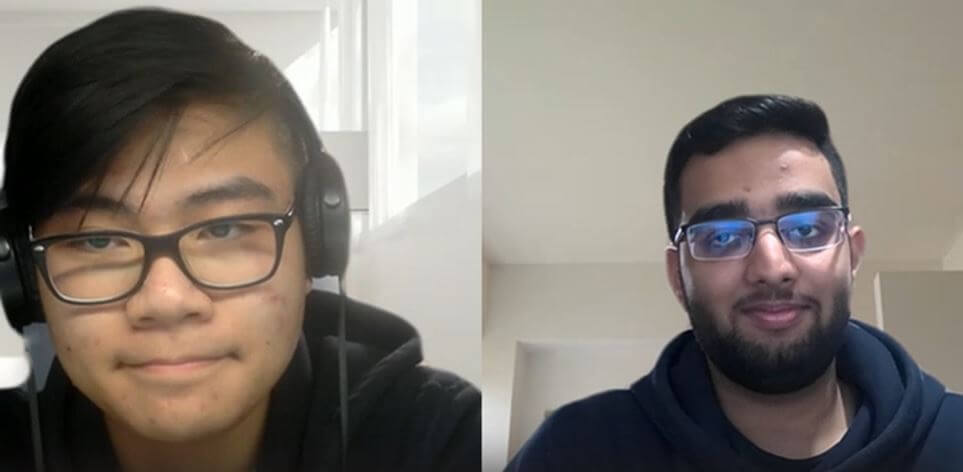

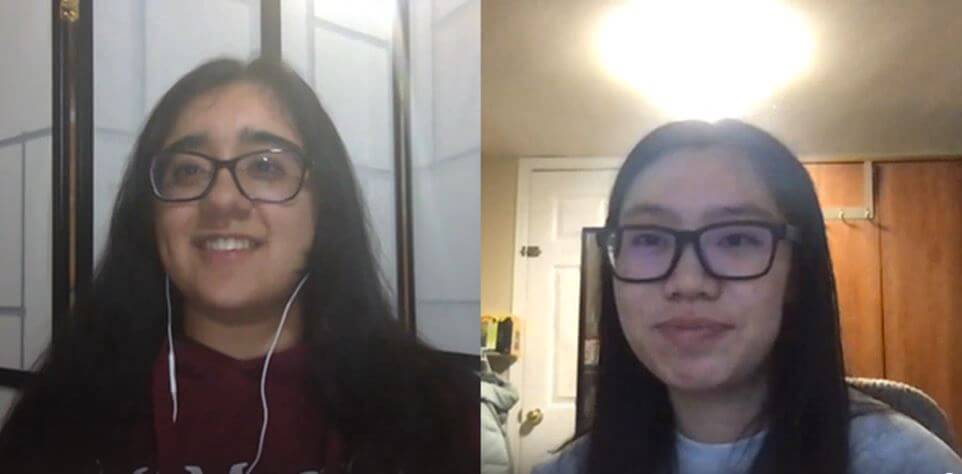
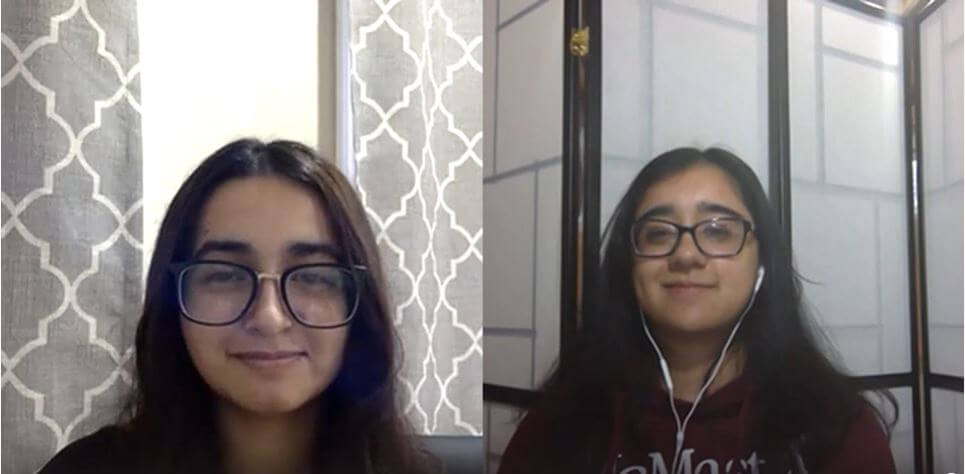
Check out the Career-Ready Conversations tag to access all the interviews. And here are some ways to get thinking about career readiness and start developing your skills.
- Career-Ready Skills (PDF tip sheet)
- Experience building (programs, services and more)
- Global opportunities (intercultural programs)
- Big Interview (mock interview tool)
- McMaster Students Union (more than 300 clubs and services)
- Lyons New Media Centre (technology services and digital resources)
- LinkedIn Learning (skills development courses)